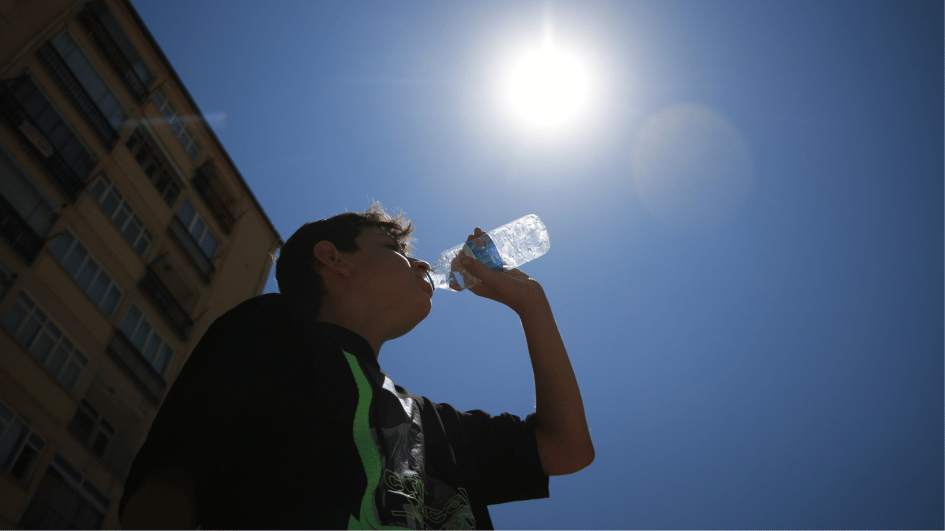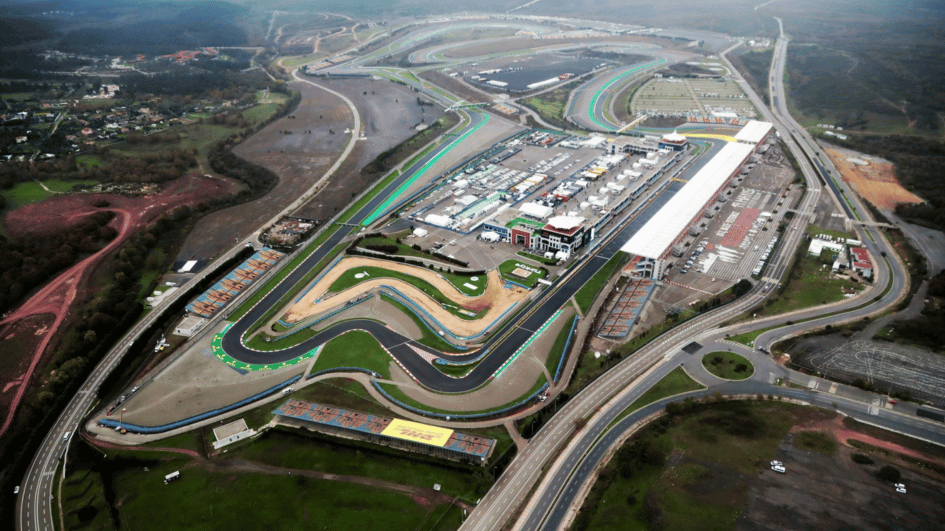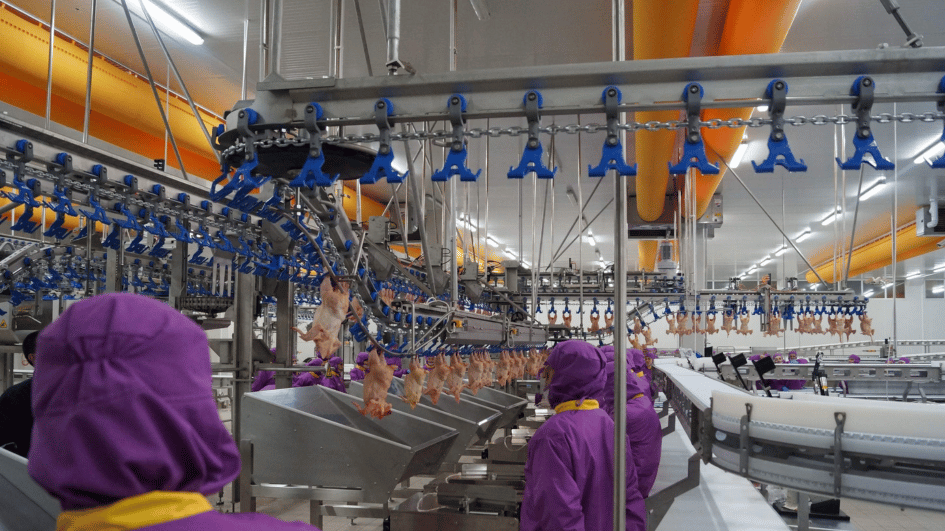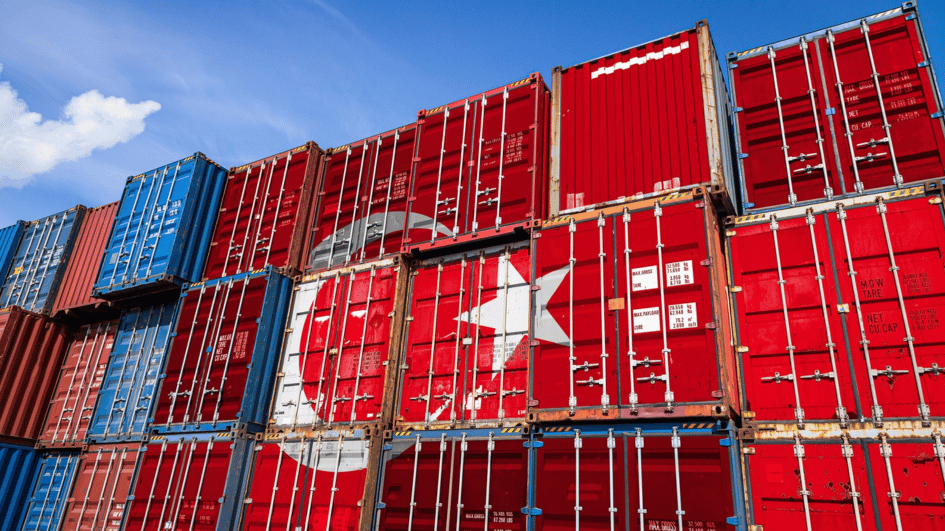Blasts at Iraq police station, school kill 15
KIRKUK, Iraq - Agence France-Presse
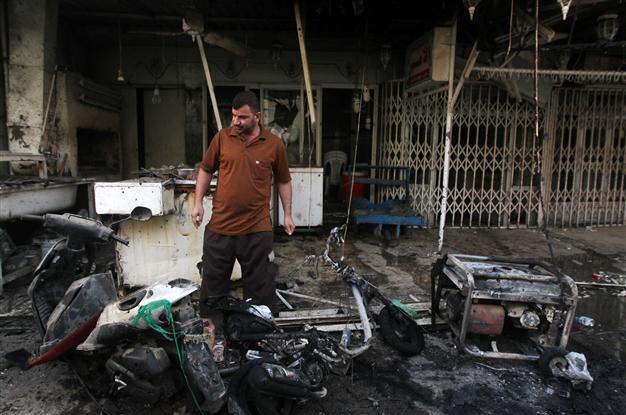
AFP Photo
Two suicide bombers detonated explosives-rigged vehicles at a police station and a nearby primary school in northern Iraq on Sunday, killing 15 people including children, a local official said.Violence has reached a level unseen since 2008, and there are persistent fears that Iraq will relapse into the kind of intense Sunni-Shiite bloodshed that peaked in 2006-2007 and killed tens of thousands of people.
The blasts in the Turkmen Shiite village of Qabak, which is located in Nineveh province about 50 kilometres (31 miles) from the Syrian border, also wounded 44 people, Abdulal Abbas told AFP.
The dead were five police and 10 children, Abbas said, adding that the bombing at the school collapsed the roof of the building.
Sunday is a school day in Iraq, where the weekend is Friday and Saturday.
In Iraq, almost nothing is safe from attack by militants, who have struck highly-secured targets such as prisons, and also bombed cafes, markets, mosques, football fields, weddings and funerals.
The blasts came a day after violence including an attack on Shiite pilgrims in Baghdad and a suicide bombing at a cafe north of the capital killed at least 73 people, among them two journalists from the Sharqiya television channel who were gunned down in the northern city of Mosul.
Iraq has come in for repeated criticism over shortcomings in media freedoms.
UN envoy Nickolay Mladenov called on Iraq's "political, religious and civil leaders to work together with the security forces" to curb the bloodshed.
"It is their responsibility to ensure that pilgrims can practise their religious duties, that school children can attend their classes, that journalists can exercise their professional duties, and that ordinary citizens can live a normal life," Mladenov said in a statement.
British ambassador Simon Collis meanwhile said that: "This latest example of violence against worshippers and journalists is further evidence of terrorists seeking to create division within Iraq." Diplomats and analysts say the Shiite-led government's failure to address the grievances of Iraq's Sunni Arab minority -- which complains of political exclusion and abuses by security forces -- has driven the spike in unrest.
Violence worsened sharply after security forces stormed a Sunni Arab anti-government protest camp in northern Iraq on April 23, sparking clashes in which dozens of people were killed.
The authorities have made some concessions aimed at placating anti-government protesters and Sunnis in general, such as freeing prisoners and raising the salaries of Sunni anti-Al-Qaeda fighters, but underlying issues have yet to be addressed.
And while security forces have carried out wide-ranging operations against militants for more than two months, they have yet to succeed in curbing the wave of attacks plaguing Iraq.
The latest violence takes this month's death toll to more than 150, and more than 4,850 since the beginning of the year, according to AFP figures based on security and medical sources.
In addition to major security problems, the government has failed to provide adequate basic services such as electricity and clean water, and corruption is widespread.
Political squabbling has paralysed the government, while parliament has passed almost no major legislation in years.


